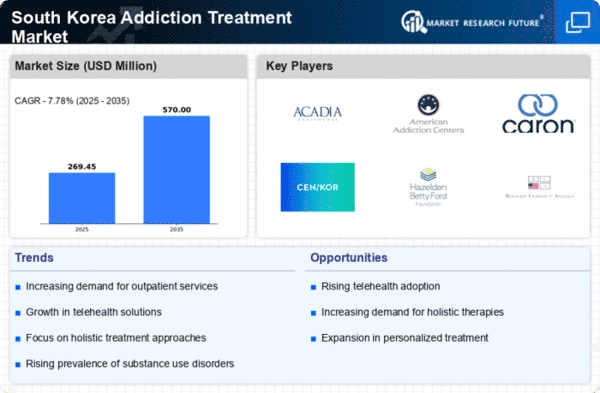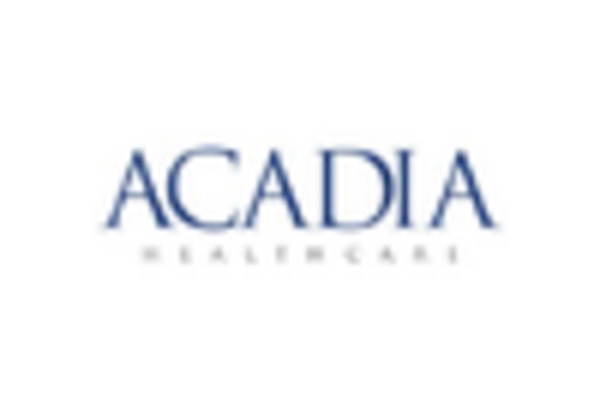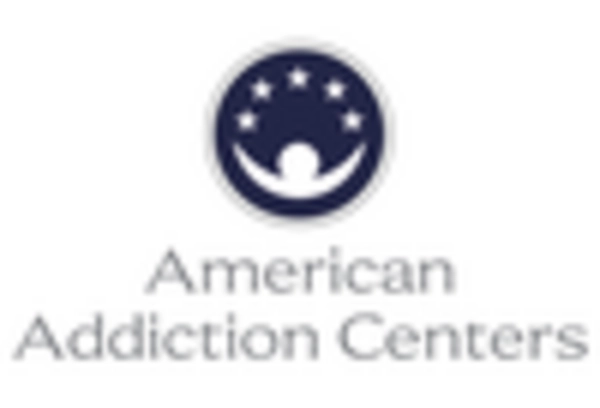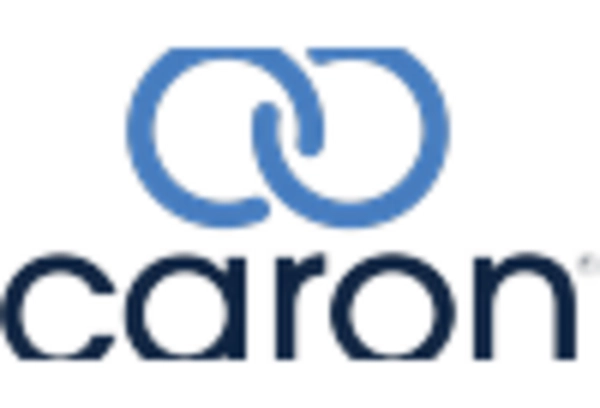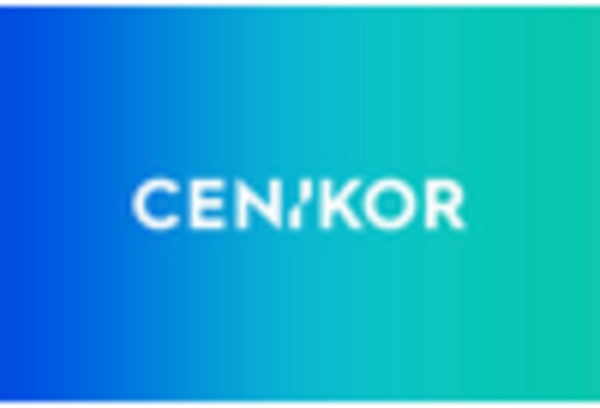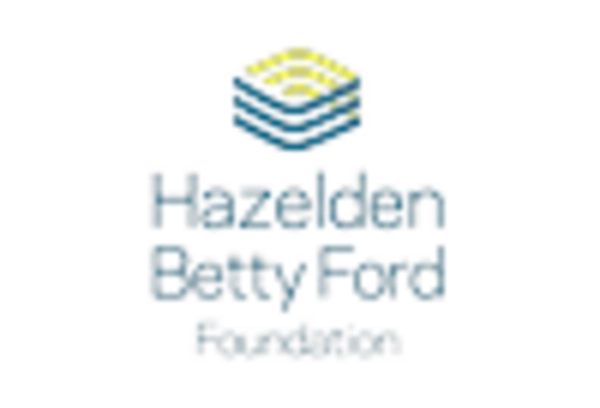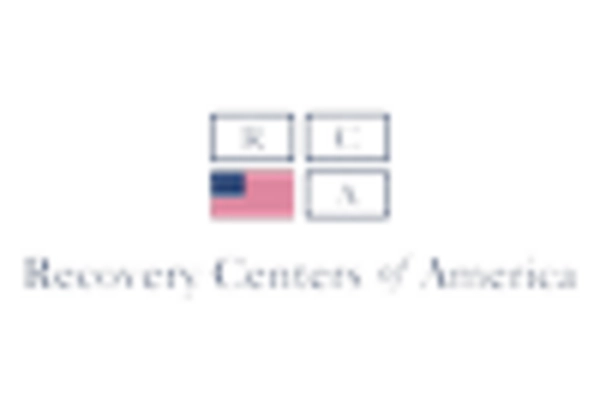Rising Substance Abuse Rates
The increasing rates of substance abuse in South Korea appear to be a primary driver for the addiction treatment market. Recent statistics indicate that approximately 3.5% of the population has experienced substance use disorders, which has prompted a growing demand for treatment services. This trend is likely to continue as awareness of addiction issues rises, leading to more individuals seeking help. The addiction treatment market is thus positioned to expand significantly, with a projected growth rate of around 8% annually over the next five years. This surge in demand necessitates the development of more comprehensive treatment programs and facilities to cater to the needs of those affected.
Evolving Treatment Modalities
The addiction treatment market is witnessing a shift towards more diverse treatment modalities, which may enhance recovery outcomes. Traditional methods are increasingly being supplemented with innovative approaches such as cognitive-behavioral therapy (CBT) and medication-assisted treatment (MAT). These evolving modalities are designed to address the complex nature of addiction, thereby attracting a broader demographic of patients. In South Korea, the integration of these new treatment options is expected to contribute to a more robust addiction treatment market, with an estimated increase in service utilization by 15% over the next few years. This diversification of treatment options is crucial for meeting the varied needs of individuals struggling with addiction.
Increased Public Awareness Campaigns
Public awareness campaigns aimed at educating the population about addiction and its consequences are becoming more prevalent in South Korea. These initiatives are likely to reduce stigma and encourage individuals to seek help, thereby driving growth in the addiction treatment market. Government and non-profit organizations are investing in outreach programs that highlight the importance of treatment and recovery. As a result, the addiction treatment market may experience a notable increase in patient engagement, with a projected rise of 20% in treatment inquiries over the next year. This heightened awareness is essential for fostering a supportive environment for those affected by addiction.
Integration of Mental Health Services
The growing recognition of the link between mental health and addiction is driving the integration of mental health services within the addiction treatment market. In South Korea, there is an increasing acknowledgment that effective treatment must address co-occurring mental health disorders. This integration is likely to enhance treatment efficacy and patient outcomes, thereby expanding the addiction treatment market. As mental health services become more accessible, it is anticipated that the number of individuals seeking comprehensive treatment will rise by approximately 25% in the next few years. This trend underscores the importance of a holistic approach to addiction recovery.
Legislative Support for Treatment Programs
Legislative measures aimed at supporting addiction treatment programs are emerging as a significant driver for the market. Recent policies in South Korea have focused on increasing funding for treatment facilities and expanding access to care. This governmental support is likely to enhance the capacity of the addiction treatment market, allowing for the establishment of more comprehensive services. With an estimated budget increase of 30% for addiction services in the upcoming fiscal year, the market is poised for substantial growth. Such legislative backing not only improves service availability but also encourages private sector investment in treatment solutions.


